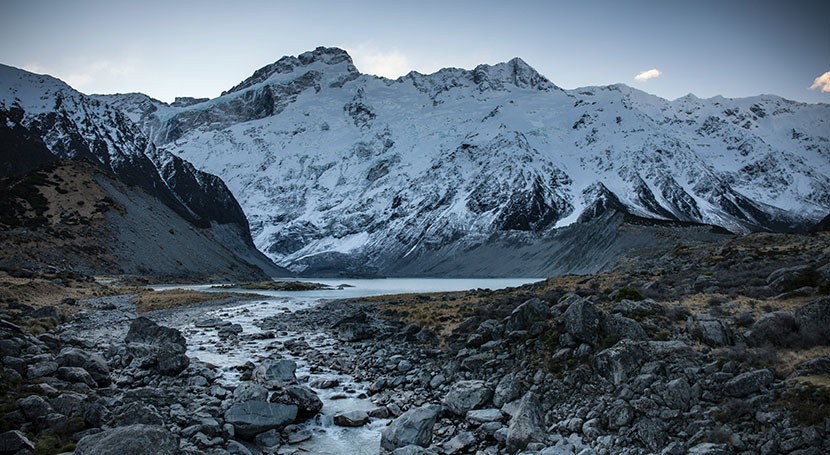GNS has been monitoring, analysing and collecting groundwater and surface water nitrate data for many years as part of our National Isotope Monitoring research to understand the sources of nitrates in freshwater.
GNS Science senior scientist, Karyne Rogers we wanted to know if some regions had higher nitrates in their freshwater sources than others.
“Freshwater is under threat from nitrate contamination and as leading experts in groundwater research in New Zealand, we need to ensure we are collecting data like this. This paper presents our nationally significant 10-year dataset to share with researchers, public and monitoring agencies.
Overall, we found some regions in New Zealand are already quite impacted by nitrates in groundwater - Karyne Rogers, Environmental Scientist - Isotope Biogeochemistry
The paper found that almost 60% of freshwater sources analysed had nitrate-N concentrations of more than 0.9 mg/L.
“The current National drinking water standard for nitrate-N is 11.3 mg/l (MAV or maximum acceptable value). However, some overseas studies suggest that the National drinking water standard for nitrate-N should be 1.0 mg/L rather than 11.3 mg/l (MAV or maximum acceptable value). The original 11.3 mg/L value was set many years ago and these researchers feel that 11.3 = is too high. These overseas studies suggest a correlation with colo-rectal cancers for drinking water over 1.0 mg/L nitrate-N. Ecological studies have also shown that above 1.0 mg/L, that the environmental quality of stream habitats are affected and biodiversity begins to decline.”
The study also wanted to find out if nitrate contamination was more of a surface water problem or a groundwater problem.



